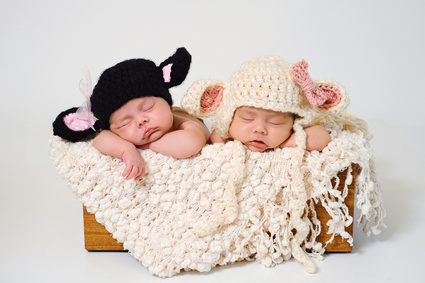 Adoption related ideas pop up in the most unexpected places. While discussing some excellent novels–none of which had adoption themes– GIFT coaches came across quotes that placed them in an adoption frame of mind.
Adoption related ideas pop up in the most unexpected places. While discussing some excellent novels–none of which had adoption themes– GIFT coaches came across quotes that placed them in an adoption frame of mind.
Consider these lines from Allegiant by Veronica Roth:
1. “I don’t know how it would feel to hate your own history and to crave love from the people who gave the history to you at the same time.”
We absorbed these lines through our joint identities as adoptive parents and adoption coaches. It brought to mind how adoptees spend a lifetime figuring out how their adoptions shape and define them. Part of that process is learning to find value in their genetic heritage. Many adoptees struggle with feelings of shame, anger and rejection because their birth parents made an adoption plan for them. Some adoptees blame themselves for this result. At the same time, they often yearn to be accepted and valued by the birth parents. Many struggle to balance these conflicting emotions. As parents, we must support their journey, as they find value in both their birth and adoptive families’ contributions to who they are.
Once we became parents, it became an integral part of who we are and how we view the world. Similarly, our children see the world through an adoption-influenced lens. Consider this next quote:
2. “I’ve lived too long with pain. I won’t know who I am without it.” Ender’s Game by Orson Scott Card.”
For kids with tough starts, their early lives are rife with challenge and trauma. How does that constant level of fight-flight readiness shape who they are? They developed beliefs and patterns, feelings and behaviors to cope with the abuse/neglect. What does it take to help them draw new templates, ones based on being loved, nurtured, and safe in their adoptive family?
As parents, we must convince them that it is safe to let down their guard, to trust that we will care for them consistently and love them unconditionally. They must come to believe that it is safe for them to be the child and for us to be the parents. This process takes time, repetition, and encouragement. And patience, lots and lots of patience!
It grows out of intentional AQ-informed parenting (Adoption-attunement Quotient.) As adoptive families, we must develop strong skills in three intelligences: emotional, adoption-attuned and academic. Think EQ, AQ and IQ.)



One of my biggest struggles when our sons were young was to be patient with the behaviors I found to be so bizarre or extreme for the situation. Once I became aware of how hypersensitive their flight-fight-freeze response was, it was easier to understand and respond to their reactions. My being calm, relaxed and patient was vital in bringing them to a calming state.
#adoption
#adoptiveparenting
#adoptiveparenting
#adoption
I found the statement ,”Once we became parents, it [adoption] became an integral part of who we are and how we view the world” affirms my continued desire to be sensitive and sympathetic to my children’s — two of who are now adults — personal journey regarding their adoption. I think our culture — others as well, I imagine– has a lot of rethinking to do when it comes to how they view adoption. We are taking steps to make it a healthier process. Adoptive parents often have to jump through so many hoops to create their family and it is understandable for them to want to think it is complete when the papers are signed. I think we all wanted to believe that but deep down we knew that that couldn’t possibly be for a variety of reasons. For example in my own family, having children that look very different from me meant lots of questions. That is a very usual example of how adoption can remain at the forefront of a family’s daily life. It is important for us to be aware of how adoption influences our lives and forever. I agree — develop a fine tuned Adoption-atunement Quotient (AQ)!